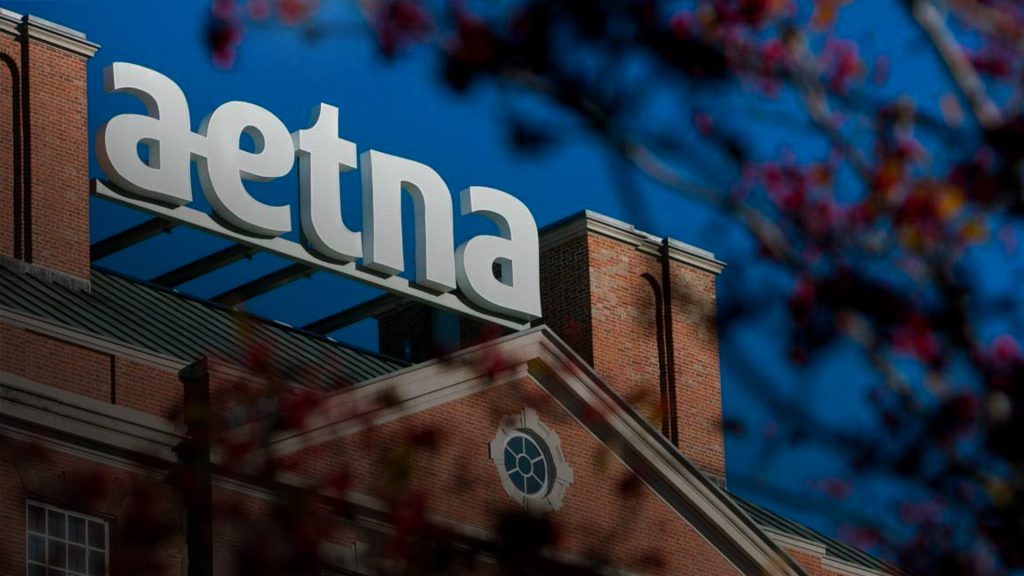Key Takeaway
It looks like it’s shaping up to be Amazon against the world. One of the positive things coming out of the retail titan’s incessant competitive edge is that it’s forcing big players in every single industry to innovate harder and faster in order to compete. But will the consumer be the winner at the end of the day?
It’s almost inevitable that we’re about to see major changes in the US healthcare industry. Ongoing healthcare-related political feuds, rising consumer costs, astronomical drug price inflation, an antiquated health insurance system and incumbent giants that refuse to adapt to changing times all point to a necessary reinvention of arguably one of the most important industries in the US.
For the past few years, there have been countless studies of external data comparing healthcare to other sectors in an adapt-or-die context – looking at lessons from industries like railroads and newspapers – generally encouraging health executives to heed warnings from those who missed the innovation train and suffered because of it.
The general argument tends to be that many leaders in these former golden industries ultimately failed because they were thinking short-term – they saw their brand as being in the train business, for instance, rather than the business of wider transport – and thereby were stuck in the mud building better tracks while the rest of the world was already up in the air. Similarly, we need to think of pharmacies as more than retailers for drugs, and start looking at the bigger picture: the business of healing humans.
The New York Times, IBM and, today Aetna, have been hailed as beacons of change who took a sharp left while the rest of their respective industries stayed the course. Of all the major US healthcare brands, Aetna saw indicators early on that the industry was set to change.
Aetna recognized that the onset of startups with lower numbers of employees and lower capacity to pay for healthcare meant they’d need to adapt coverage options. They recognized that change was needed from within the healthcare system, rather than continuing to attack the problem from the consumer end. Even the CEO regularly meditates and offers free yoga to his own employees and those insured by the company.

An unlikely pair leverages external insights for a potentially game-changing match
CVS, on the other hand, in the face of declining retail sales, steep Q3 losses and stores closing in the Southeast US following hurricane season, has taken a massive move to maintain an edge by investing in next-day delivery for prescription medications as it moves further into the healthcare space.
CVS is America’s biggest PBM – a middleman that negotiates lower costs on drugs with pharma brands on behalf of companies and insurers, and currently controls nearly a quarter of the market for prescription drug sales.
Meanwhile, this October Amazon received approval to distribute pharmaceuticals in 12 states, indicating intention to enter the retail pharmaceutical market. According to The Economist, though it will be difficult for Amazon to get started, the move is still concerning: “the firm’s relentless focus on consumers and willingness to forgo profits for years make it a huge potential threat to incumbent pharmacies.”
Like most big retailers, CVS now regularly sleeps with one eye on the retail titan. It’s precisely that sort of intense competition that often leads a brand to begin to look even farther outside its own data for opportunities in less obvious places. Cue Aetna.
If the speculated deal goes through, a CVS-Aetna merger could mean access to Aetna’s 22M customers, and would cut out the middleman as it becomes the in-house PBM for Aetna. It may also indicate greater transparency in drug pricing – something many big pharma companies have been comfortably hiding behind for years.

Economic theory: the potential winners and losers
The outcome of this deal will set the tone for vertical mergers going forward, as the court begins to debate the extent to which consumers will end up getting a better deal – or whether this stands to benefit only the pockets of stakeholders. It’s already been decided that further horizontal combinations in the space would hurt the end consumer.
This merger might open the floodgates for more of this sort, meaning bad news for some independent PMBs and potential good news for others if antitrust laws prevent existing relationships with CVS to continue and firms like Anthem need to look elsewhere. Everyone from insurance providers to consumers should be looking out to see what happens here.
What does this mean in the end? If more private firms team up to bring change to the healthcare industry, there may be hope for a transparent healthcare market that benefits the consumer in the US yet.
“Consumers would save through lower premiums, lower out-of-pocket spending at preferred CVS outlets, or both,” Adam Fein of Pembroke told The Economist. In addition, a vertical integration like CVS and Aetna means more shared data around what’s working in patient care as a whole.
However, as this deal will be the first of its magnitude, it’s difficult to say for sure. Better costs for customers would largely depend on the the retailers actively passing the savings they get through greater negotiation leverage with suppliers onto the end consumer.

Everything is still coming up roses at Amazon
Despite CEO Jeff Bezos’ move to sell $1.1B worth of Amazon shares in his own company, confidence in Amazon appears to be as high as ever. The brand’s high spend, low profit strategy still seems to be working in its favor as it gobbles up additional market share, raising share price by 8% last quarter. Is this just the unstoppable beast?

